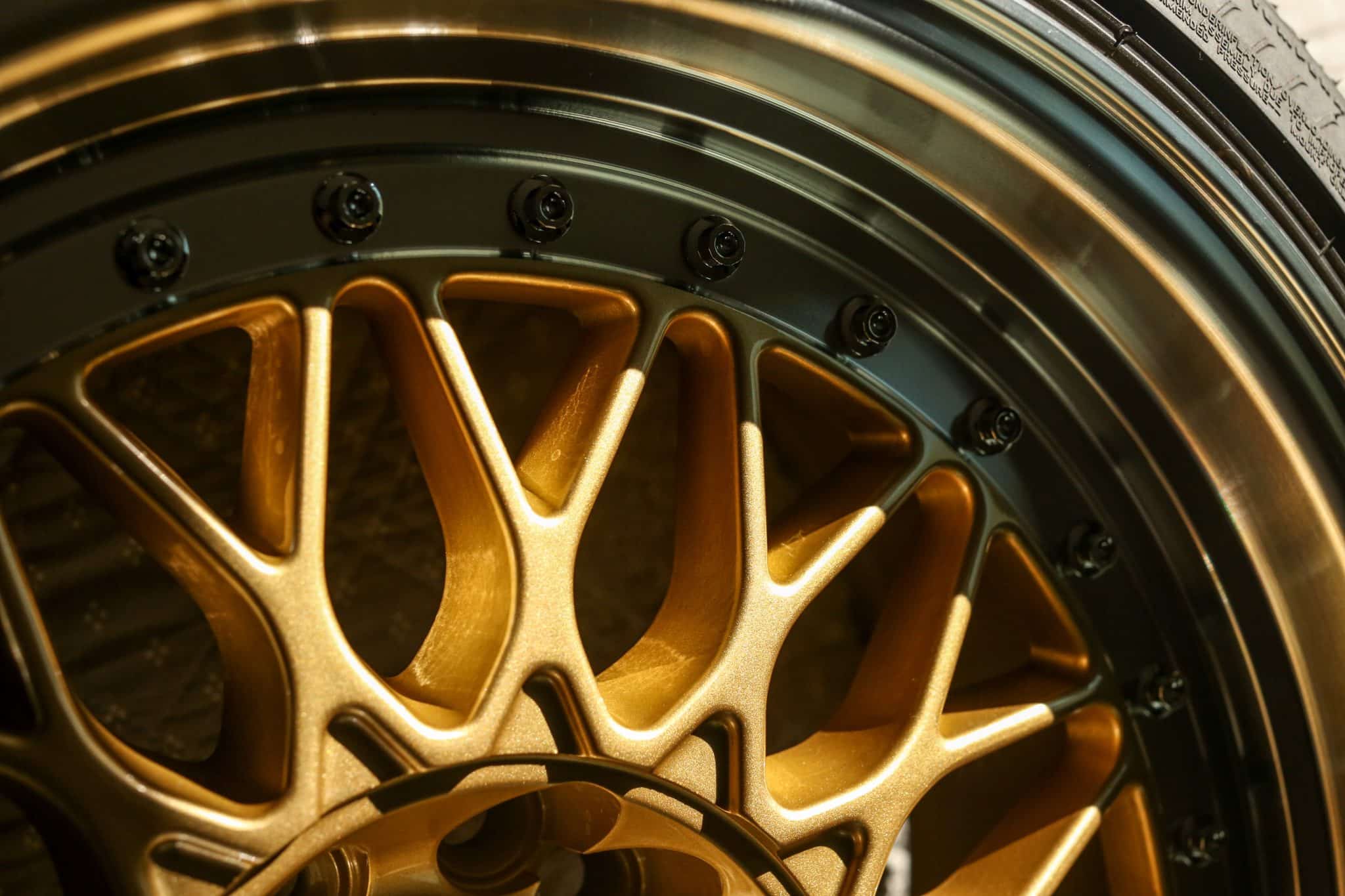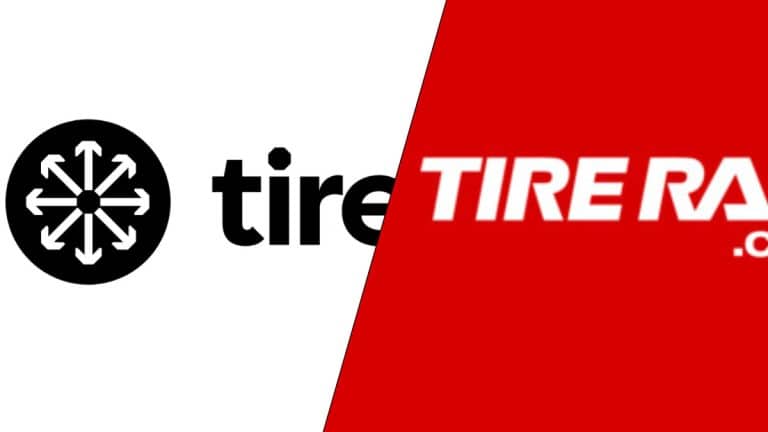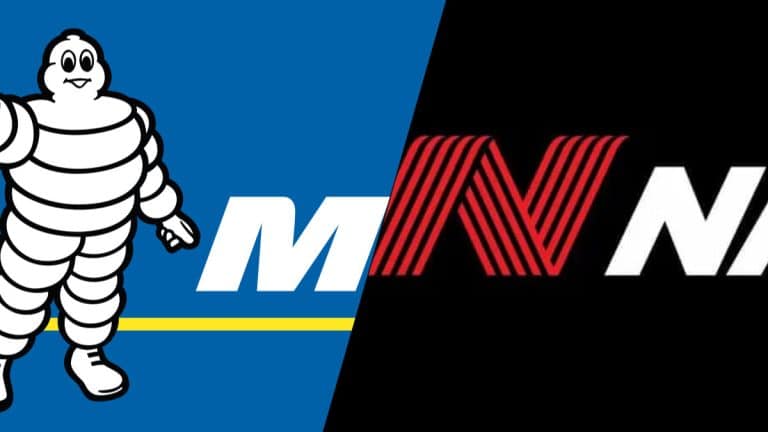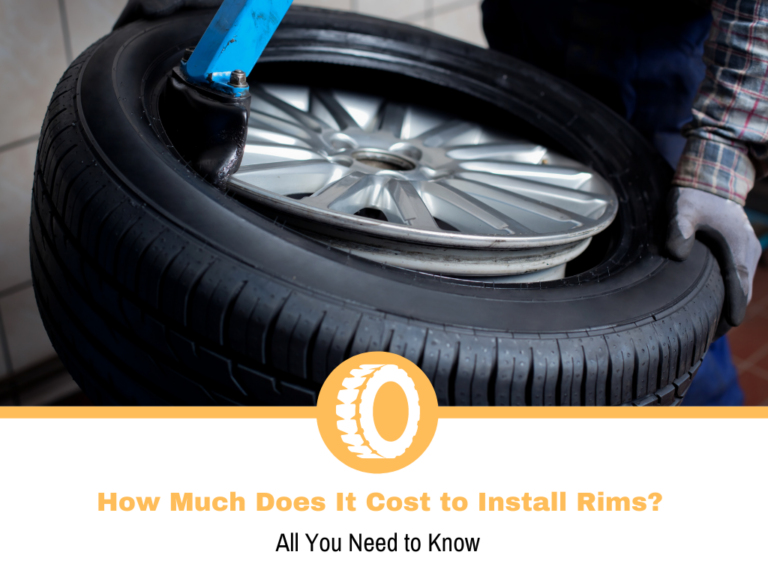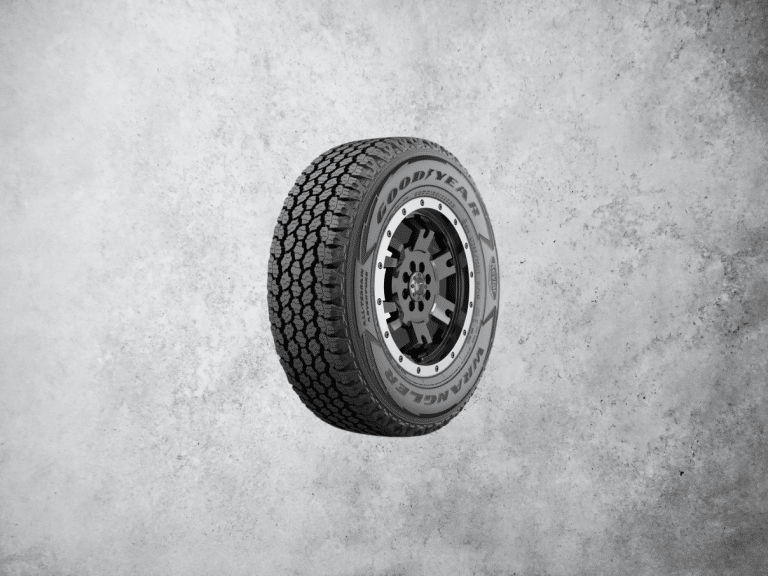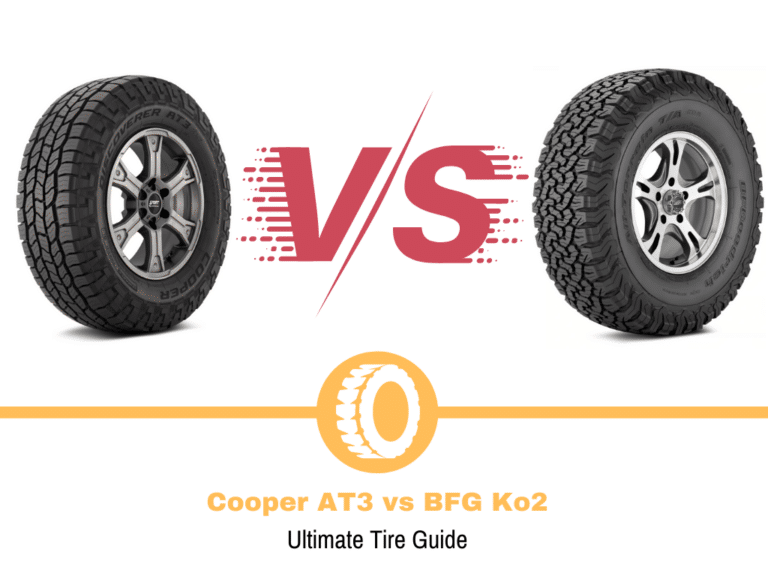Are Lighter Wheels Worth It?
Modifications are an aspect that’s very popular in the automotive industry. Mostly there are two types of changes you can make to your car – visual and functional. Technically, there is a third type that is a combination of both, which is what I’ll be talking about today.
A common upgrade that most car enthusiasts make is wheels. Regardless if you have an economy hatch with a set of steel wheels or a sporty sedan with fancy alloys, if you’re into it, you’ll look into getting new wheels.
This is where visual and functional meet and we get to make upgrades from both aspects. We spend hours on the internet researching the specifications of each model, but why?
Wheels can look good, but they can also play a huge role in how a car drives. Shocked? Among the many specs that manufacturers outline is the weight. You might think that this is only for shipping, but weight can make or break the handling.
Now you’re thinking: lighter should be better, right? Yes, lighter wheels are better and today I’ll explain why and if it’s something that you should consider.
Why are some wheels lighter?
The main factor in determining the weight of a wheel is the material. Depending on that, you’ll also have different manufacturing processes that can shave off some weight.
Steel and aluminum alloy wheels are the most common types. Even though steel wheels are ancient, car manufacturers still use them to reduce costs, especially when we’re talking about economy hatchbacks. The same car may come with alloy wheels, but it will be more expensive.
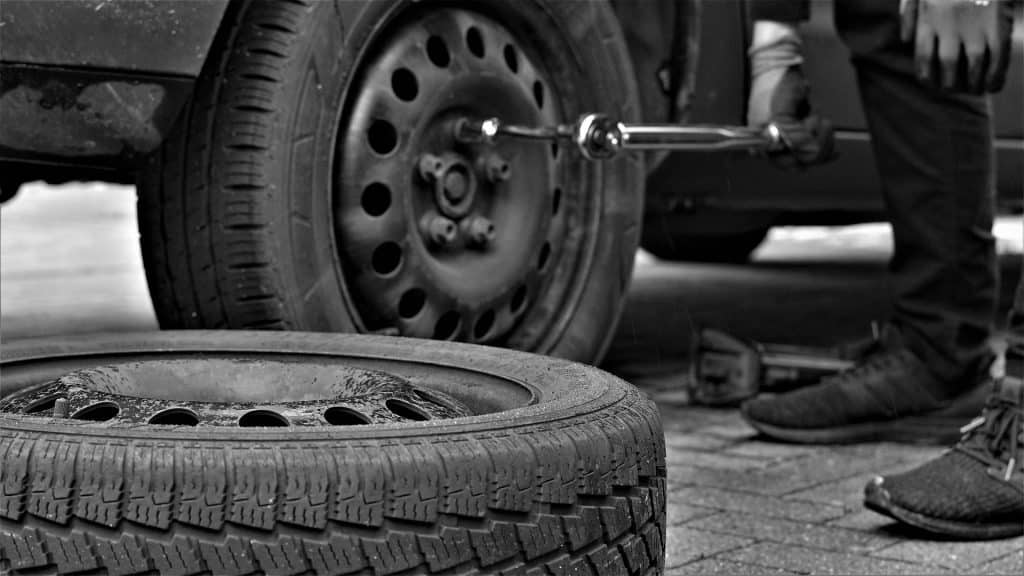
When you compare these two, you’ll notice a massive difference in weight. Steel is heavy, so these wheels can weight almost twice as much as the aluminum ones. Don’t quote me on this, as there are millions of factors that can determine the weight of both.
Even when comparing two sets of aluminum wheels with the same size, there will be some weight difference. The exact alloy, plus the manufacturing process, can have an impact, so it’s not uncommon to see noticeable differences.
Going for something more exotic, we have magnesium or carbon fiber wheels. These cost a fortune but are also lighter than aluminum or steel.
If you want to learn more, you can check out my guide on different wheel types.
Are lighter wheels better?
To answer this question, I’ll ignore the price and the vehicle type and talk only about the weight. Yes, lighter wheels are worth it and there are a few reasons for that.
Basic physics says that the smaller the mass, the engine will work less to get it moving. Less work means less fuel, so economy is the first aspect I’ll mention. It may seem negligible, but 10 pound difference per corner means 40 pounds lighter car. The bonus here is that the lighter wheel will mean less mass to be rotated, so it’s a bonus.
To be fair, I haven’t tested this in a real-world scenario, but on paper it should be true. I doubt you’ll double the range, but technically, there should be a difference. The result of reduced weight means improved fuel consumption and better acceleration.

Next up is something we enthusiasts like to call unsprung mass. The suspension of a car works to make it comfortable or sporty, stiff, or however you want to explain it. Those components are connected to the wheel, the part that is a link between the road and the car. The weight of the wheel assembly is called unsprung mass, because the suspension isn’t affecting it.
The unsprung mass plays a massive role as it’s directly linked to how the suspension works. The entire car is part of the sprung mass and it relies on the suspension, while the unsprung one isn’t a part of it. By reducing the unsprung mass, you enable the suspension to respond more quickly, enabling the car to ride better.
Finally, we come to handling, which is what you probably want to know. Reducing the weight of the wheels means that the car should have a more positive handling experience. A lot of components will do this, but putting the wheels on a diet can also help.
Are lighter wheels worth it?
Now we get to talk about the weight of the weight of the wheels and if it’s worth looking into it. The shortest answer is “it depends”. If you want the longer one, keep reading.
I spoke about the advantages of lighter wheels, but they don’t come without some disadvantages and the price is the main one. Even in 2023 there are cars still sold with steel wheels and that’s to reduce the production cost, and offer you a cheaper car. I’m not saying that a Corolla with steel wheels will be half the price, but it’s not negligible.
Even aluminum alloy wheels are more expensive, so if you’re looking for aftermarket options, expect to pay more. Going for the more exotic options will set you back a lot more, so for the price you’re also getting a free argument with the wife about it.
The type of car you drive is the main thing you should look at. Here’s an example. My 92 corolla is running on 13-inch steel wheels. Even though they are lighter by today’s standards, I can reduce the weight by going for aluminum wheels. With that said, that upgrade won’t transform the car drastically.
I may see some consumption improvements, but like I said, I haven’t tested that. The car will be improved in the ride department, as the suspension won’t have as much weight to deal with. What about handling? Well, the car drives like a boat, so with a set of shiny alloy wheels it will still drive like a boat.
If you plan to upgrade to lighter wheels for the handling, you’ll need to invest in other areas as well. Bushings, control arms, shocks, springs and a lot more. I can convert my Corolla into a time attack car for the track, but I’ll need to invest a lot more than just lighter wheels. Sure, the steering will feel lighter, but that’s the only thing I’ll get.
When should you consider lighter wheels?
The decision to get lighter wheels depends on you, but there are a few situations when it may be a good idea, or an acceptable one at least. I’m going to use my cars as an example to paint a clearer picture.
Let’s say that I want to make my Corolla handle like a go-cart. Here I could start with the wheels and would continue with the rest of the suspension components. It’s going to cost a lot, but the result will be worth it, at least in my opinion.
On the other hand, let’s look at my IS250. Lexus advertises it as a luxury sporty sedan, but I say it’s more luxury and less sporty. There are some dynamic elements, but there’s more to be desired. A set of 18-inch aftermarket wheels are lighter than the factory 17-inch ones. Combining this with a set of lower control arm bushings from an RC-F and the lower profile tires and the car will be transformed. The front end will be more dynamic and liven up the car.
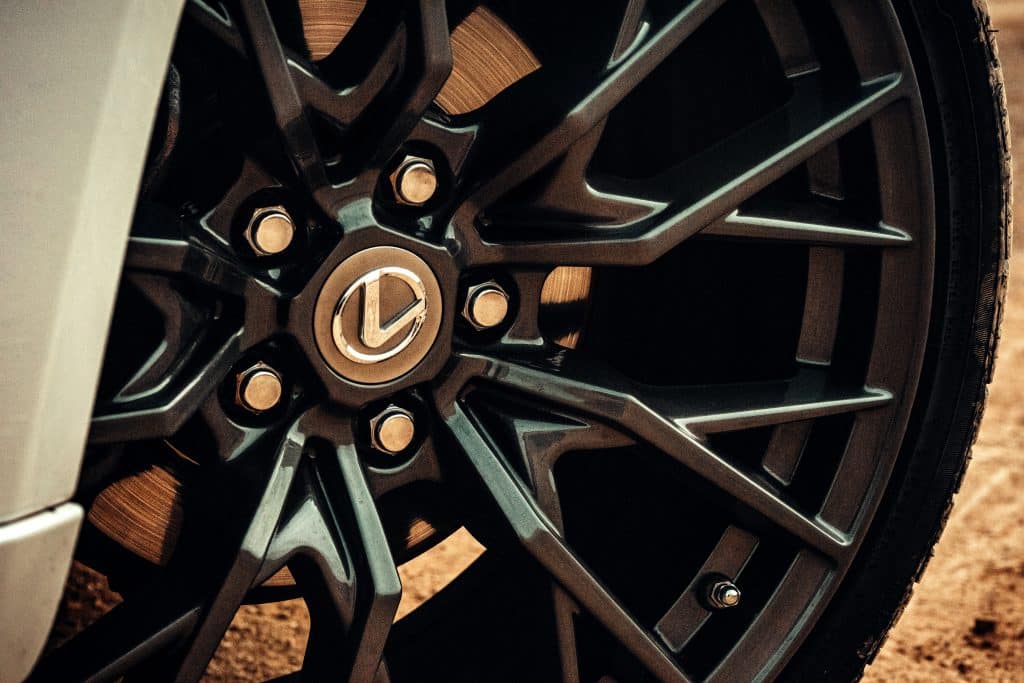
At the end of the day, it’s still going to be a barge with 200 horsepower, but it will be more fun to drive. I could go just with the wheels and there will be some difference, but it won’t be a massive one.
If you’ve been paying attention, I mentioned that in both cases I need to make additional modifications. With that said, with my Lexus, I can go only with the wheels and get a more noticeable difference. With the Corolla, I’ll only get the visual aspect. This brings me to the main point here.
There are situations where lighter wheels will make almost no difference, while in other situations, you’ll notice it. You’ll need to be aware of the car you have and what you plan to get out of it. You may be after the looks and with that, you’ll get the handling as a bonus. Considering this, don’t expect a set of light wheels to completely transform how a car drives.
Lighter wheels in special applications
So far, I’ve been looking at cars as daily commuters, but what about those that can be driven on a track. I may seem like a broken record, but it depends.
If you ask me, any car with 4 tires can be fun on a track, so modifications aren’t always necessary. With that said, investing in something that can help improver how the car drives can be worth it.

On the opposite side of the spectrum, we have sporty coupes that come with certain features from the factory, like lighter wheels. That’s not the ultimate form and you can always go lighter. From the factory, these cars come with the “sporty” components, so getting even lighter wheels will offer noticeable improvements.
The important thing to note here is that you will pay a high price for that. Getting something from the AMG or M divisions already comes with very light wheels, so the next step is to go for those exotic ones. That means paying the big bucks to get a bit more out of the car, either in terms of handling or in terms of lap times.
Should you get lighter wheels?
I wish I could answer this question with “yes” or “no”, but it’s not that simple for me. Considering how many aspects can affect this decision, the only person I can give an answer to is myself.
Overall, I think that there are 3 aspects – the car, your expectations and your budget. You can have the cheapest shit box on the planet, but if you’re willing to invest a lot, then the lighter wheels will make sense. On the other hand, if you have a car with light-ish wheels, going for lighter ones will bring some improvements. With that said, decide if the price is worth it.
Lighter wheels offer improvements, there’s no denying that. How much they’ll improve will depend on the car and “their worth” will be something you should decide for yourself.
On the other hand, if you’re only after visual improvements, then you will get the lighter wheels as a bonus.
